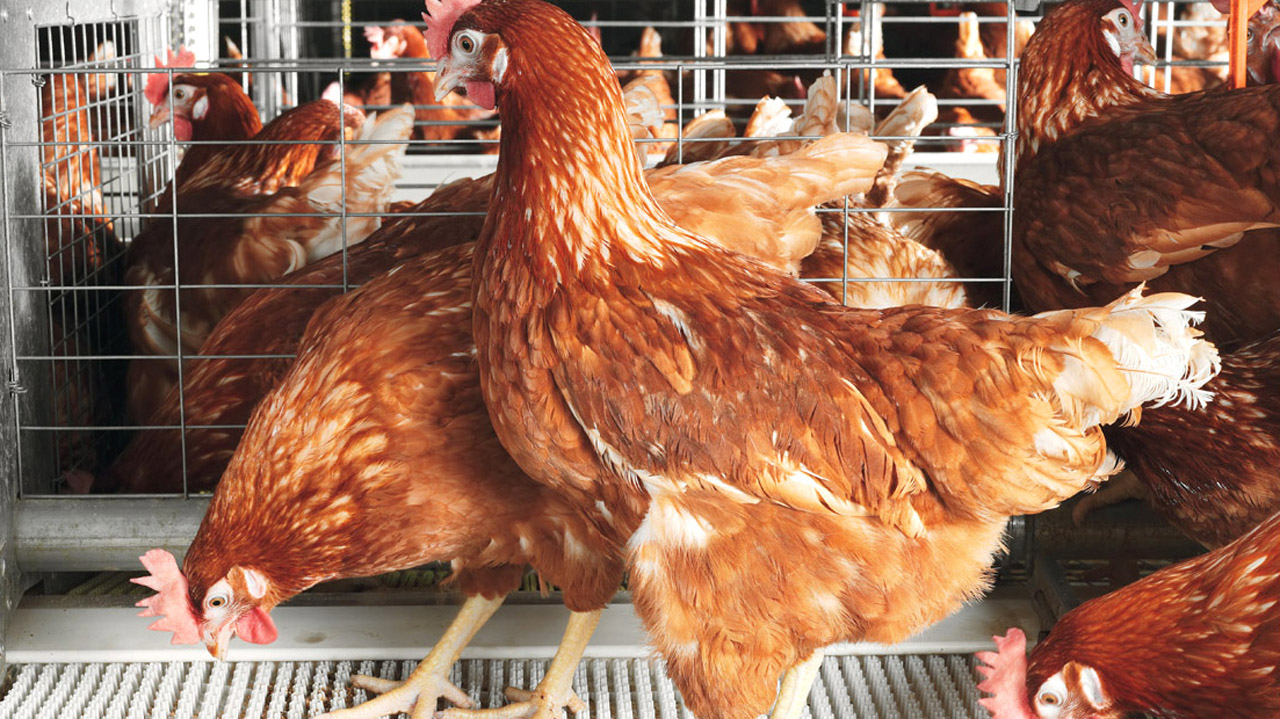
• Transporting A Trailer Of Maize Now Over N1m — PAN
In the last few months, the price of eggs has increased astronomically. A crate of eggs, which sells for between N750 and N800 around this time last year, currently sells for between N2, 200 and N2, 500.
To make the matter worse, the commodity is not readily available, as it has become very scarce in open markets, adding to the agony of end users.
The same scenario goes for chicken. A kilogram of processed chicken previously sold between N1, 200 to N1, 400, is currently selling between N1, 850 to N2, 000 at the farm gate price.
Currently, based on information, a good number of poultry farmers have closed shop over incessant losses, while others who couldn’t abandon the business focused their investment mainly on breeding for meat.
A poultry farmer, Tolulope Daramola, who is the founder of Menitos Farms, Lagos, revealed that the misfortune of the industry might worsen, noting that she was forced to stop egg production completely, as it is no longer sustainable.
“Feeding the laying birds for six to eight weeks takes eight to 10 bags of feeds at an average of N9, 100 per bag. That’s close to N100, 000 on a carton. This is just for the feeds; I have not added the cost of labour and utilities.
“The scarcity of egg and chicken is partly because everyone including the farmers is now a retailer, selling at N2, 000 to N2, 200 per kg to cover the cost of transportation, feeding and other expenses. This time last year, the chicken was N1, 200 to N1, 400 and even then, we felt it was high against N900 in December 2020. The price of chicken currently is between N1, 850 to N2, 000 directly from farms and retailed with N100 profit at wholesale stores.
“For live chickens, we have reduced our selling by live weight, as it is often a loss. Even, those market women offer N1, 100 per kg for live weight and then sell as high as N7, 000 to N9, 000. Even the price of the Day Old Chicks now goes between N240 to N600 depending on the market.”
Daramola who regretted the challenges facing the industry, linked the problem to the high cost of feed, inflation, high cost of transportation and lack of infrastructure necessary to support the business.
“The price of feed has forced many to shut down or drop capacity. Utility bills are also on the rise. So, the survival of micro businesses like mine that rely heavily on transportation and water is quite unpredictable right now. I can barely make enough to pay my bills, much less save towards a vehicle or alternative power.”
The Chairman, Lagos State Poultry Association of Nigeria (PAN), Mr. Godwin Egbebe, identified activities of bandits; high cost of transportation; and insufficient supply of grains – caused by the Ukraine/Russia crisis as the major challenges affecting the industry.
He said: “The issue is not far-fetched. We talked about the bandits that are not allowing the farmers to operate again. Then, transporting the few grains we have from the North has become difficult because of the high cost of transportation. We used to transport a trailer of maize from the North for about N350, 000, but as we speak now, it costs over N1m.
“We also know that the Ukraine/Russia war is a contributing factor because most of the grains coming from the countries have stopped. Instead of buying raw materials at a very high price and ending up selling the chickens at a rate, which doesn’t commensurate with the high price or cost of production, many are folding up.
“I went to my farm on Thursday, July 7, 2022, to drop some workers off, I saw one of the farmers dismantling his cages and the woods, about to spell it out, this is somebody that has about 7,000 birds and about six to seven workers working in his farm. These workers are automatically out of job. Many have followed suit because they are not breaking through.”
While appealing to the government to save the industry from total collapse, Egbebe said the only way out of the current situation is for government to offer a sort of bailout to the farmers.
“The way out is for government to look out for the real farmers and give them bailout so that they can continue to stay in business, that’s what they do in other climes.
“And the only way for the real farmers to get it is for government to go through the associations because the associations know their farmers. Sometimes when the government is doing something, they have good intention, but it does not get to the grassroots due to the poor strategy deplored.”






